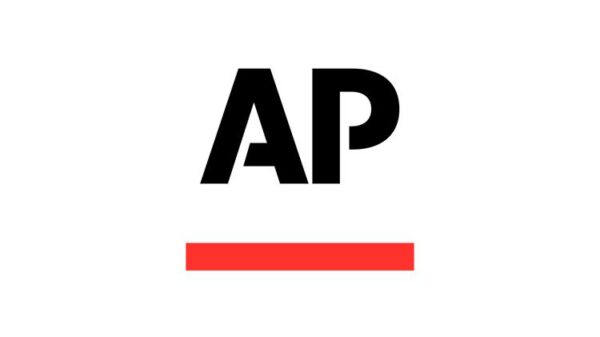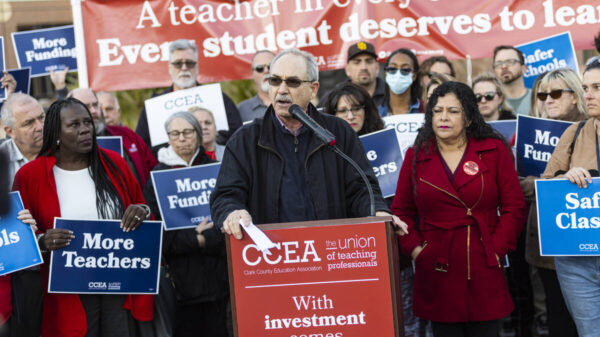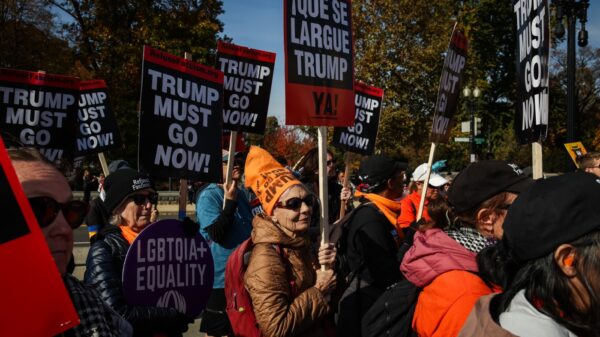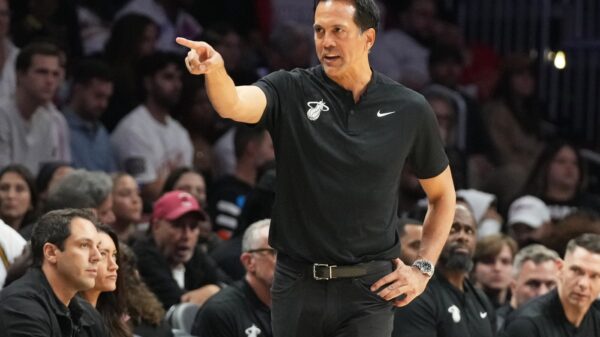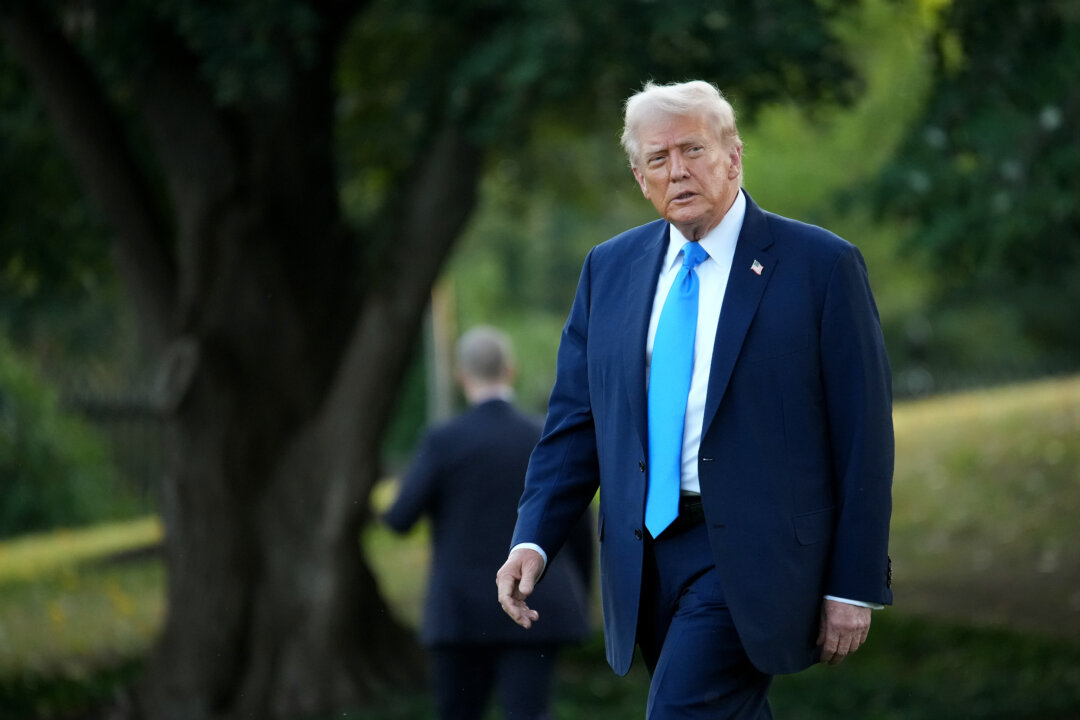A federal judge has affirmed President Donald Trump’s decision to terminate eight federal inspectors general, a move that has sparked significant debate about presidential authority and accountability. On September 24, 2023, U.S. District Judge Ana C. Reyes ruled that while Trump’s actions contravened a legal requirement for notifying the officials or providing a rationale for their dismissal, the inspectors general failed to demonstrate “irreparable harm.”
The inspectors general were dismissed in February 2020 as part of what the Trump administration described as a necessary restructuring. This group included officials tasked with overseeing various federal agencies, ensuring accountability, and safeguarding public funds. Their removal raised concerns among lawmakers and watchdog organizations about the erosion of oversight in the federal government.
Judge Reyes noted that the inspectors general had not shown they suffered significant damage from the lack of notice, which is mandated by law to allow for a transition period of 30 days. She emphasized that this absence of procedural adherence did not warrant their reinstatement, labeling such a remedy as “extraordinary.”
Reyes’ ruling highlights a complex legal landscape regarding the power of the presidency and the protections afforded to federal watchdogs. The law stipulates that the president must provide a valid reason for the dismissal of inspectors general, intended to prevent arbitrary firings and promote accountability.
In her opinion, Reyes stated that while Trump did not follow the proper procedure, the court could not intervene to restore the inspectors general to their positions. This decision underscores a significant aspect of judicial restraint, asserting that the judiciary should refrain from interfering in executive decisions unless there is clear evidence of harm or a violation of rights.
The implications of this ruling extend beyond the specific case of these eight inspectors general. It raises important questions about the balance of power between the executive branch and independent oversight bodies, particularly in an era characterized by heightened scrutiny of government actions.
As discussions continue regarding the role of inspectors general within the federal framework, the ruling serves as a reminder of the legal complexities involved in federal oversight and the significance of procedural compliance in the exercise of presidential authority.










